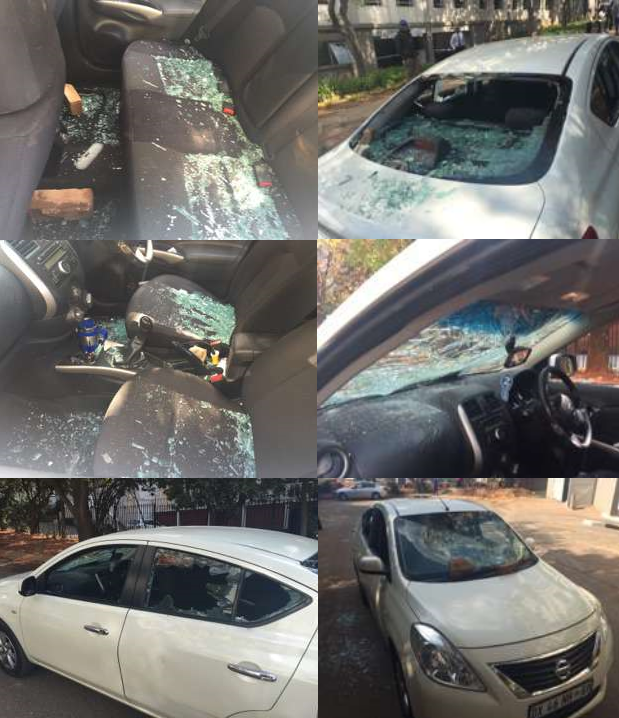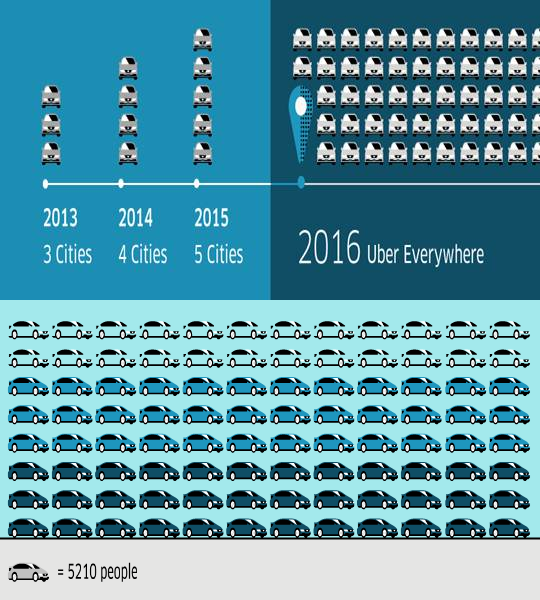*Maphanga Maseko is TGR Attorneys’ associate in competition law while Crystal Davids is a candidate attorney at TGR. The views expressed are their own and do not represent those of Fin24.
A complaint to the Competition Commission against Uber by eight regional taxi companies and members of the South African Meter Taxi Association alleging that Uber has engaged in predatory pricing and other anti-competitive behaviour may prove to be more complex than the complainants anticipate.
A few hurdles stand in the way for the complainants.
What started as a convenient option for travellers wishing to get from point A to B in San Francisco in 2009, has now been transformed into a service that has been exported to a number of countries, including South Africa. But the technology-based transport service has been met with fierce resistance by the local competition, primarily by the meter taxi service providers nationwide.
The proliferation of smart phones has created a new product market that allows users of the service to obtain a taxi ride conveniently, cheaply and in a safe manner by initiating the service through the application software on their phones. This trend has allegedly left the common meter taxis in the cold, resulting in the complainants exploring a legal route to secure their stake in the commuter services market.
The Competition Act encourages a much more competitive and transparent economy and promotes consumer choices as a centrepiece to competition in a market. The Competition Act envisages markets in which consumers have access to, and can freely select, the quality and variety of goods and services they desire.
Predatory pricing?
Implicit in the preamble to the Competition Act is the recognition that while low prices are generally good for competition, sometimes, a price that is “too low” may be adverse to competition and force other competitors to exit that market.
READ: How metered taxis blocked Uber from JHB station
Section 8(d)(iv) attempts to address the above issue by prohibiting a dominant firm from selling goods or services below their marginal or average variable cost, unless that firm can show technological, efficiency or other pro-competitive gains that outweigh the anti-competitive conduct alleged.
This is what ‘predatory pricing’ is about.
READ: More pics emerge of violent Uber attack
It is premised on the dominant firm keeping prices so low for a certain period, which has the effect of driving its competitors out of the market as they cannot compete with such low prices.
Upon exit by the competitors, the dominant firm then raises those prices presumably to recoup its investments preceding the exit of competitors. Predatory pricing is seen as exclusionary as it disincentives actual or potential competitors from entering or expanding into that market. The dominant firm can raise efficiency defences to rebut the allegation of predatory pricing.
For the allegation of predatory pricing to be sustained, the complainants must provide evidence of actual harm to consumer welfare or prove that the exclusionary act is substantial or significant in terms of foreclosing the market to its rivals.
READ: Transport MEC Vadi condemns anti-Uber violence
'Tall order'
Proving the allegation against Uber is likely to be a tall order for the complainants as they first have to identify the geographic and product market in which the alleged contravention took place. They must prove that Uber is the dominant firm in the relevant market identified, before even engaging the merits of the predatory pricing argument, if any.
If the complainants are not successful with identifying the geographic and product market concerned, this should be the end of the matter when one regards case law.
Even if the Commission refers the matter to the Tribunal for adjudication, by their nature, pricing abuses such as predatory pricing are difficult to prove and may take a long time to conclude, before a determination is made by the Tribunal.
The controversial uproar around Uber is not unique to South Africa. Uber currently operates in just over 400 cities globally with a number of complaints being noted against it in different jurisdictions. In France, for example, striking taxi drivers marching on a major highway were tear-gassed by police earlier this year, when their protests turned violent. In Mexico, there has been a common occurrence of violent attacks on Uber drivers at the international airport in Mexico City, an approach that has now been adopted by local metered taxi drivers to display their dismay with Uber.
It is early days in the matter but we hope that the Commission expedites the investigation before there is more violence between the Uber drivers and the complainants and that the law enforcement authorities will ensure that the rule of law is maintained, regardless of the findings of the Commission and/or Tribunal.




 Publications
Publications
 Partners
Partners











